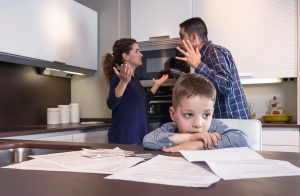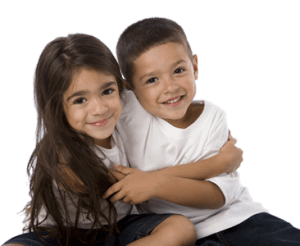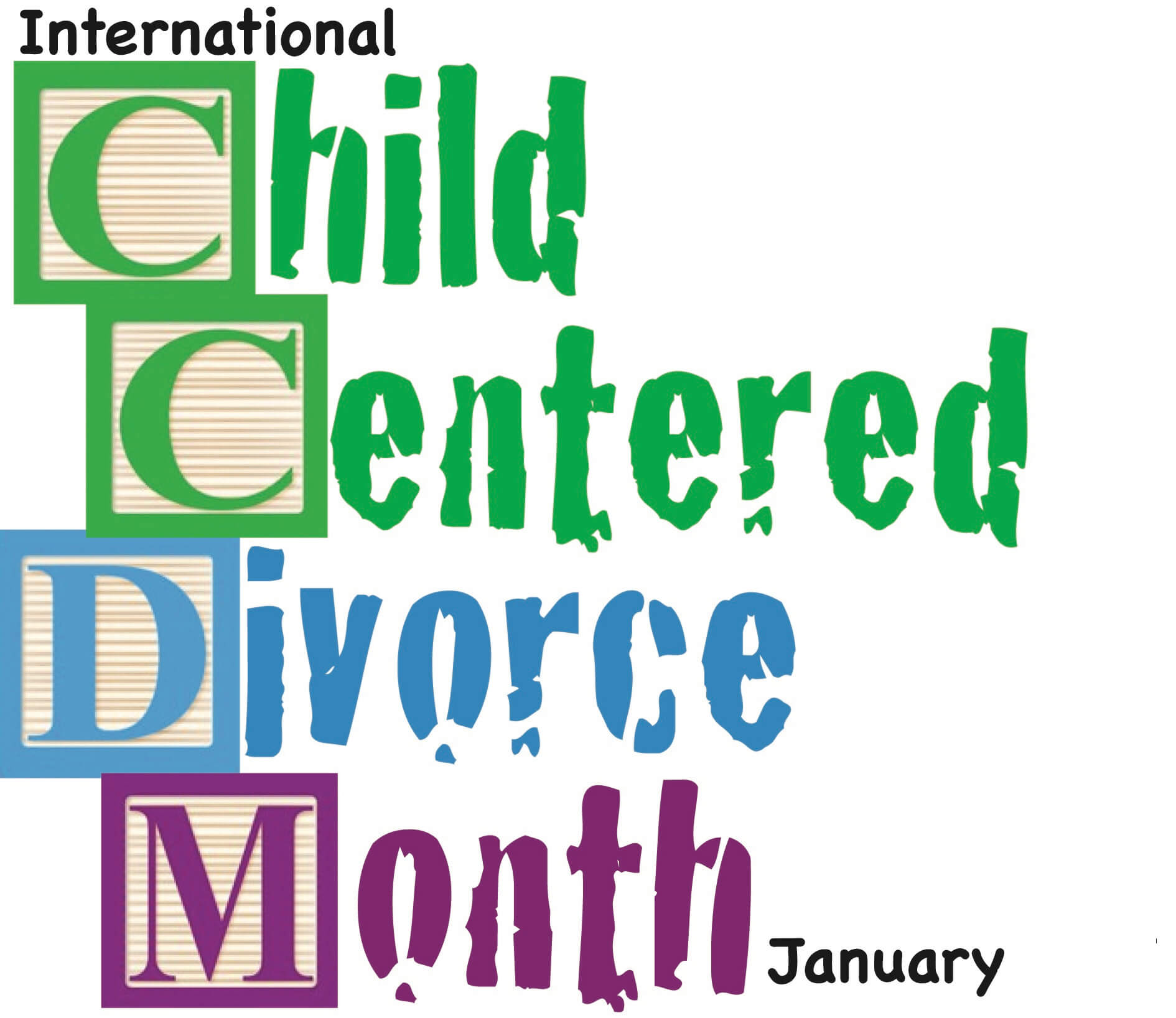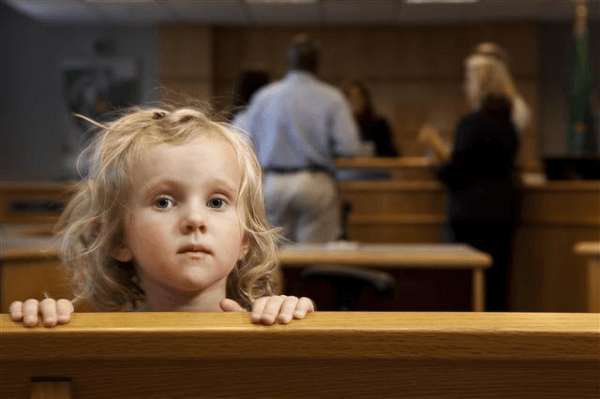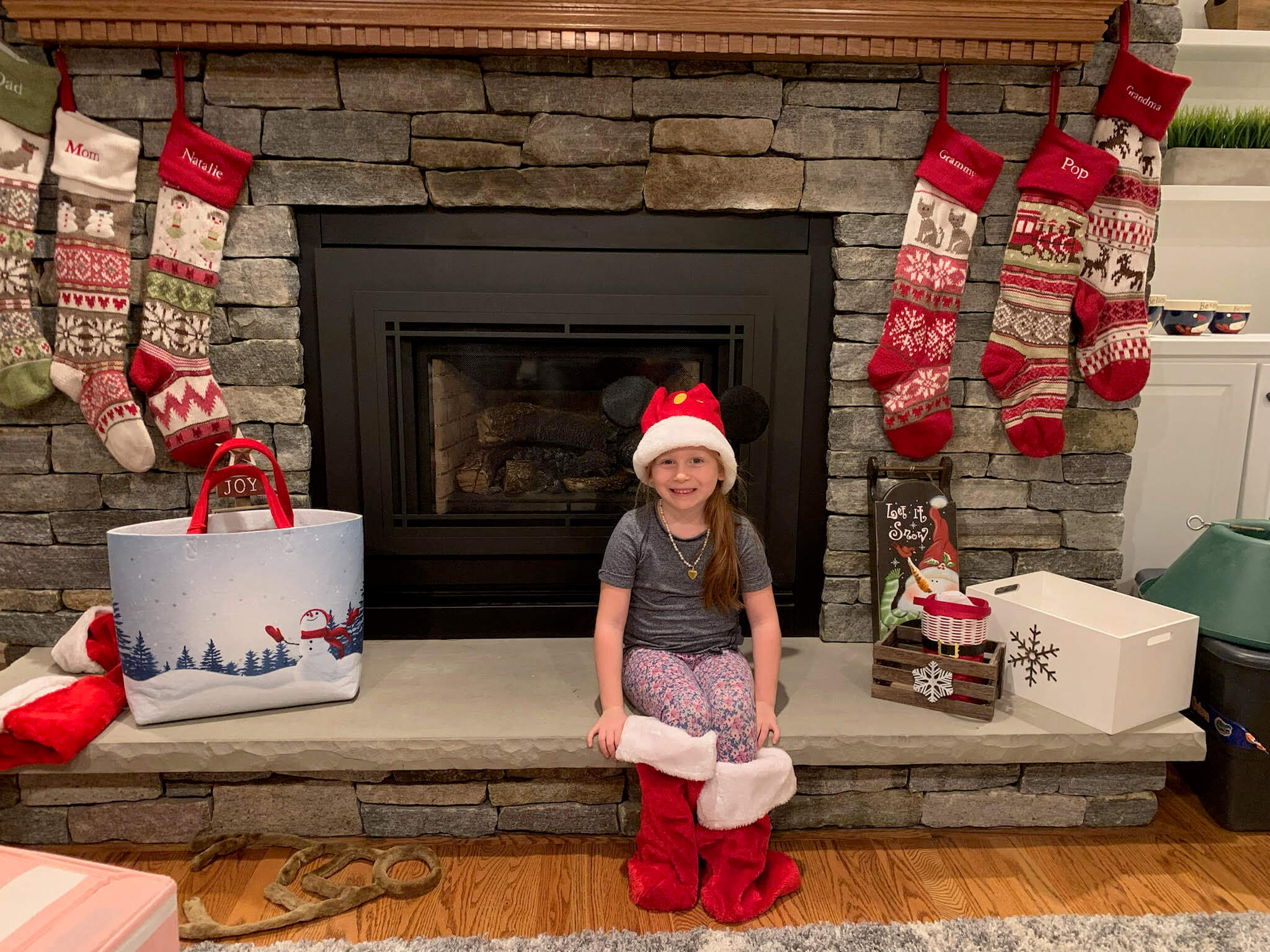An Encouraging Message to Parents from T...
Rosalind Sedacca, CDC As The Voice of Child-Centered Divorce, my mission is to support parents and collaborate with divorce professionals in making the best decisions regarding the emotional and psychological effects of divorce on children. I’m a divorced parent as well as a Divorce & Co-Parenting Coach. I’ve experienced all the insecurities, anger, fears and anxieties that come with divorce. Like you, my primary concern was minimizing any negative effects on my child — not only in the months ahead, but in the decades to follow, too. I learned a lot about mistakes to avoid, smart steps to take and skills to learn — which I want to share with you – all on behalf of the children you love! So you can make the best decisions every step of the way. Parents: Divorce Doesn't Have To Emotionally Scar Your Children I believe that it is not







